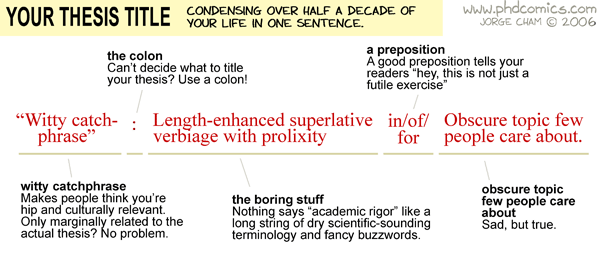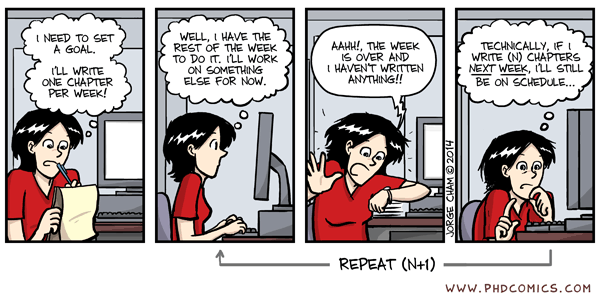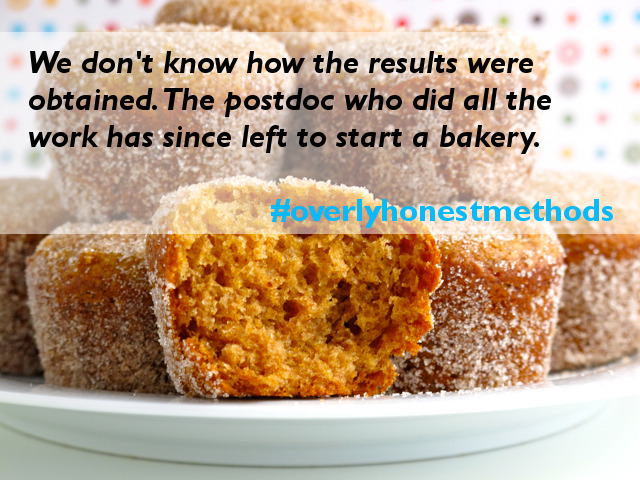This is the story behind last Monday's {this moment}.
Linacre College, Oxford, March (I think), 2007...
Ahh, public humiliation for a good cause!
I'm the girl on the right. (If you're late to the party, get caught up: at the time, I was a grad student in anthropology.) Tiffany, in the middle, is a documentary filmmaker who was then also studying anthropology. Sylvie, on the left, was a pharmacology student from Beirut. The spotlights are on us because we're contests in a "Dating Game."
It was a charity fundraiser, held in the common room (aka bar) of our college. As the date approached, they were struggling to find willing victims amongst the student body. Asked for the tenth time by one of the organizers, I finally agreed to play along. At least I got the list of questions in advance.
Over Thai food a few hours beforehand, my friend and I practiced answers and worked on my persona. I'm mostly a terrible actress and have no improv or stand-up comedy skills to speak of, but I somehow managed to play my part and get some laughs. I only remember two questions clearly:
"If you were a disease, what would you be and why?"
 "I'd be dengue fever...because I'll knock you off your feet, make you sweat and there's nothing you can do about it!"
"I'd be dengue fever...because I'll knock you off your feet, make you sweat and there's nothing you can do about it!"
And then I flipped my hair over one shoulder and fluttered my eyelashes...I only wish I were making this up. My helpful friend/acting coach was studying at the London School of Hygiene and Tropical Medicine.
The other question I remember was about what celebrity you've been mistaken for. I can't say this has ever actually happened to me, but my friends' host family in Peru told them they thought I looked like Penelope Crúz - a dubious resemblance, in my opinion, but they clearly meant it as a compliment - and it definitely beats "My grandmother thinks Catherine Zeta-Jones is my twin" - so I went with it.
I lost (if you can call not having to go on an awkward dinner-date with the guy who got recruited to play the Bachelor) but the weirdly flattering part happened after the show, when an acquaintance tapped me on the shoulder and said, "I'm sorry you didn't win! My boyfriend said he definitely would have picked you!" Um...thanks.
The more hilarious half of the show was when three of our (male) friends took our places. They were even harder to recruit than the female contestants. One was borderline hostile and, at one point, said - apparently non-ironically - that he'd prefer to spend the night waxing his canoe. Another had a deep Glaswegian accent that rendered him incomprehensible to most of the non-Scots. The beleaguered emcee threw up his hands at one point and said, "And contestant number 3...well, who knows what contestant number 3 said?!!"
I hope we raised a lot of money for that charity.
Linacre College, Oxford, March (I think), 2007...
Ahh, public humiliation for a good cause!
I'm the girl on the right. (If you're late to the party, get caught up: at the time, I was a grad student in anthropology.) Tiffany, in the middle, is a documentary filmmaker who was then also studying anthropology. Sylvie, on the left, was a pharmacology student from Beirut. The spotlights are on us because we're contests in a "Dating Game."
It was a charity fundraiser, held in the common room (aka bar) of our college. As the date approached, they were struggling to find willing victims amongst the student body. Asked for the tenth time by one of the organizers, I finally agreed to play along. At least I got the list of questions in advance.
Over Thai food a few hours beforehand, my friend and I practiced answers and worked on my persona. I'm mostly a terrible actress and have no improv or stand-up comedy skills to speak of, but I somehow managed to play my part and get some laughs. I only remember two questions clearly:
"If you were a disease, what would you be and why?"
 "I'd be dengue fever...because I'll knock you off your feet, make you sweat and there's nothing you can do about it!"
"I'd be dengue fever...because I'll knock you off your feet, make you sweat and there's nothing you can do about it!" And then I flipped my hair over one shoulder and fluttered my eyelashes...I only wish I were making this up. My helpful friend/acting coach was studying at the London School of Hygiene and Tropical Medicine.
The other question I remember was about what celebrity you've been mistaken for. I can't say this has ever actually happened to me, but my friends' host family in Peru told them they thought I looked like Penelope Crúz - a dubious resemblance, in my opinion, but they clearly meant it as a compliment - and it definitely beats "My grandmother thinks Catherine Zeta-Jones is my twin" - so I went with it.
I lost (if you can call not having to go on an awkward dinner-date with the guy who got recruited to play the Bachelor) but the weirdly flattering part happened after the show, when an acquaintance tapped me on the shoulder and said, "I'm sorry you didn't win! My boyfriend said he definitely would have picked you!" Um...thanks.
The more hilarious half of the show was when three of our (male) friends took our places. They were even harder to recruit than the female contestants. One was borderline hostile and, at one point, said - apparently non-ironically - that he'd prefer to spend the night waxing his canoe. Another had a deep Glaswegian accent that rendered him incomprehensible to most of the non-Scots. The beleaguered emcee threw up his hands at one point and said, "And contestant number 3...well, who knows what contestant number 3 said?!!"
I hope we raised a lot of money for that charity.


2015_3.png)


















